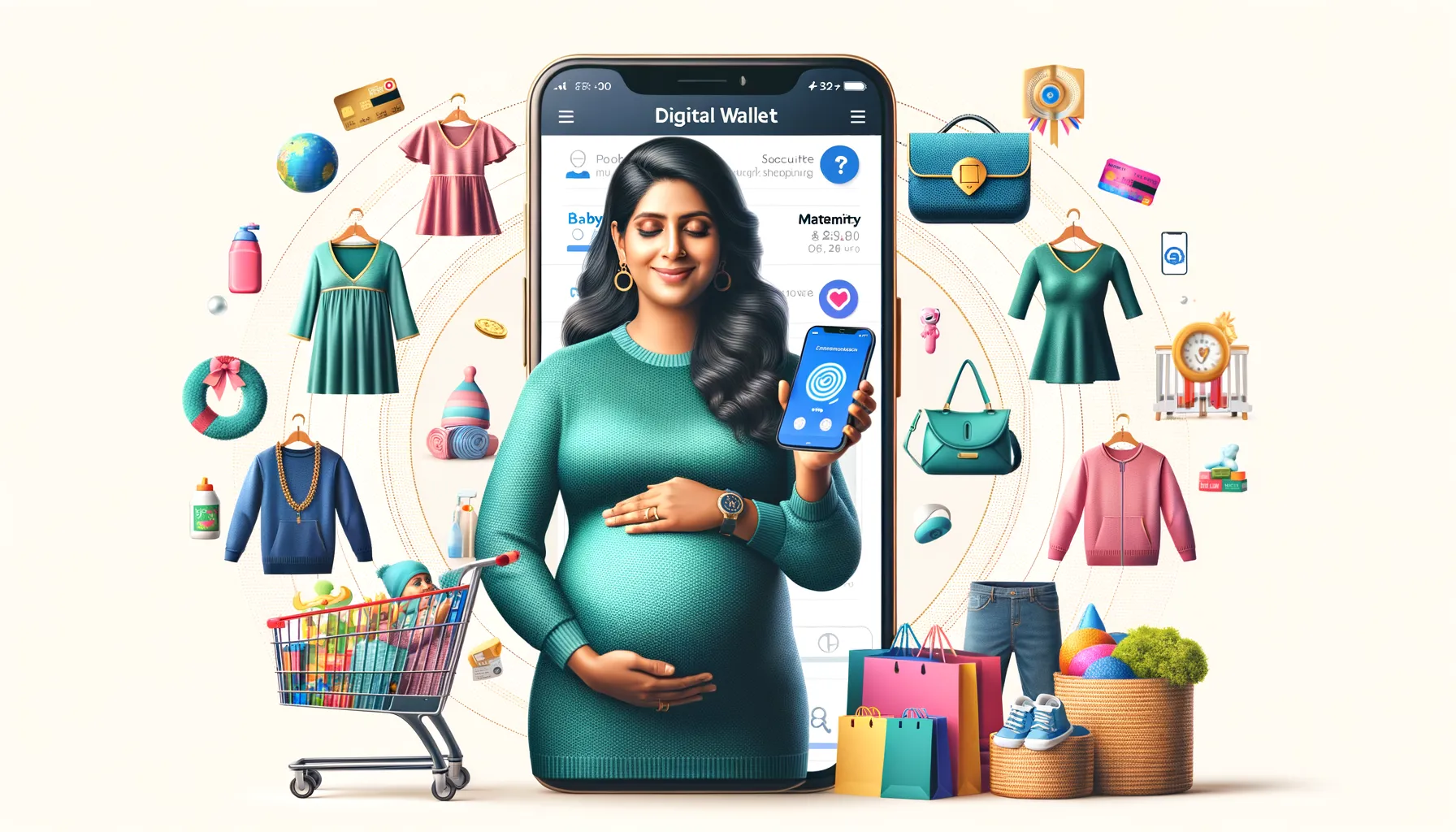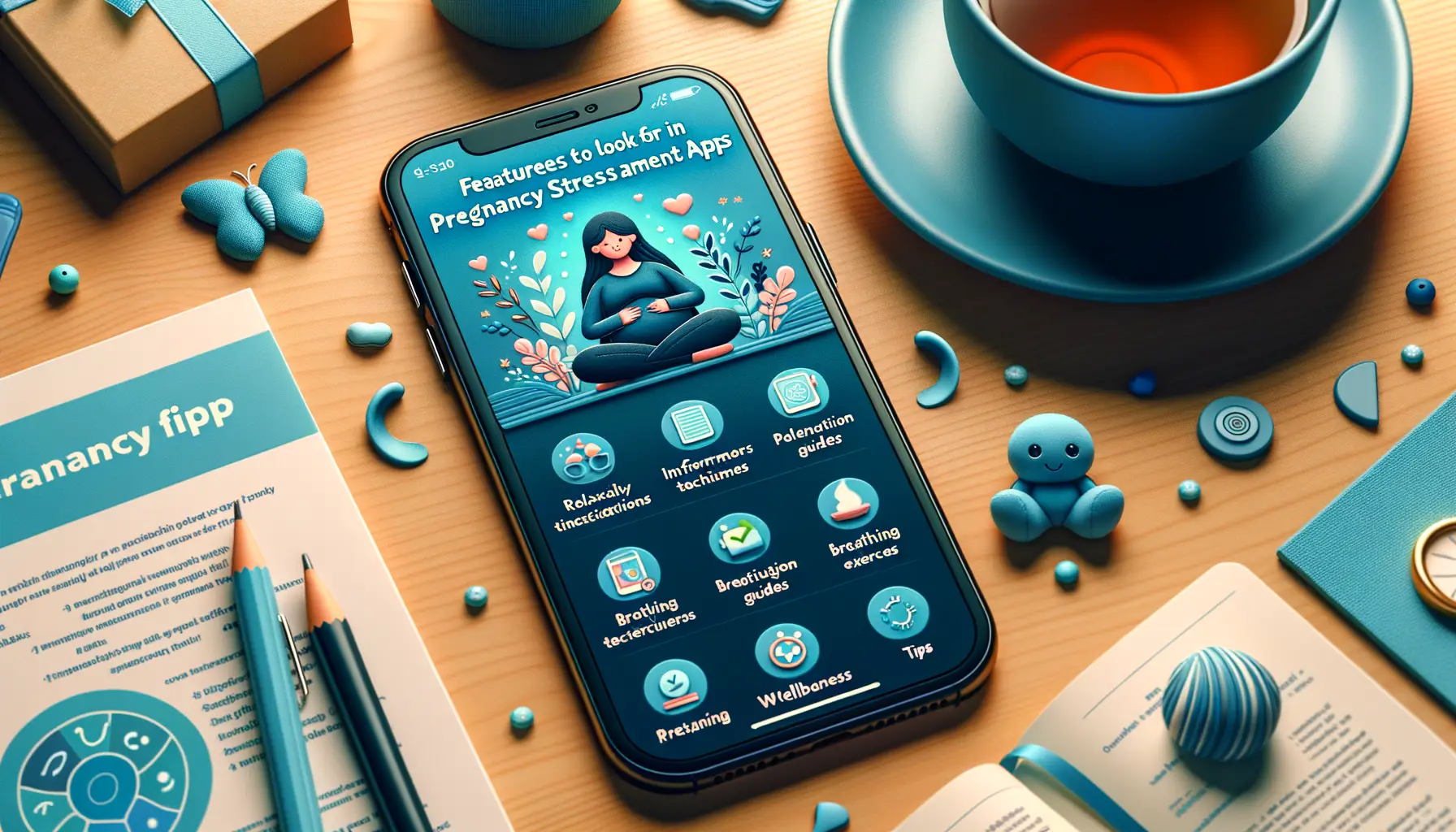The Role of AI in Modern Healthcare
Transforming Care with AI-Powered Insights
In the ever-evolving world of healthcare, Artificial Intelligence (AI) is like a well-trained detective—relentlessly sifting through clues to uncover truths that might otherwise go unnoticed. Imagine a watchful guardian that works around the clock, analyzing medical data faster and with more precision than any human could. That’s the power AI brings to modern medicine.
Take, for example, its role in diagnosis. AI doesn’t just crunch numbers; it identifies subtle patterns in patient records, lab results, and imaging scans. These patterns are often invisible to the human eye but can signal issues before symptoms even surface. It’s almost like having a crystal ball for your health!
Key areas where AI is making a difference include:
- Predicting diseases like diabetes or preeclampsia early, based on genetic and environmental data
- Streamlining patient care by personalizing treatment plans
- Enhancing medical imaging to spot abnormalities with pinpoint accuracy
This isn’t just innovation for innovation’s sake—AI is turning healthcare into a realm where life-changing developments happen daily, giving both doctors and patients an edge against the unpredictable.
Understanding Common Pregnancy Complications
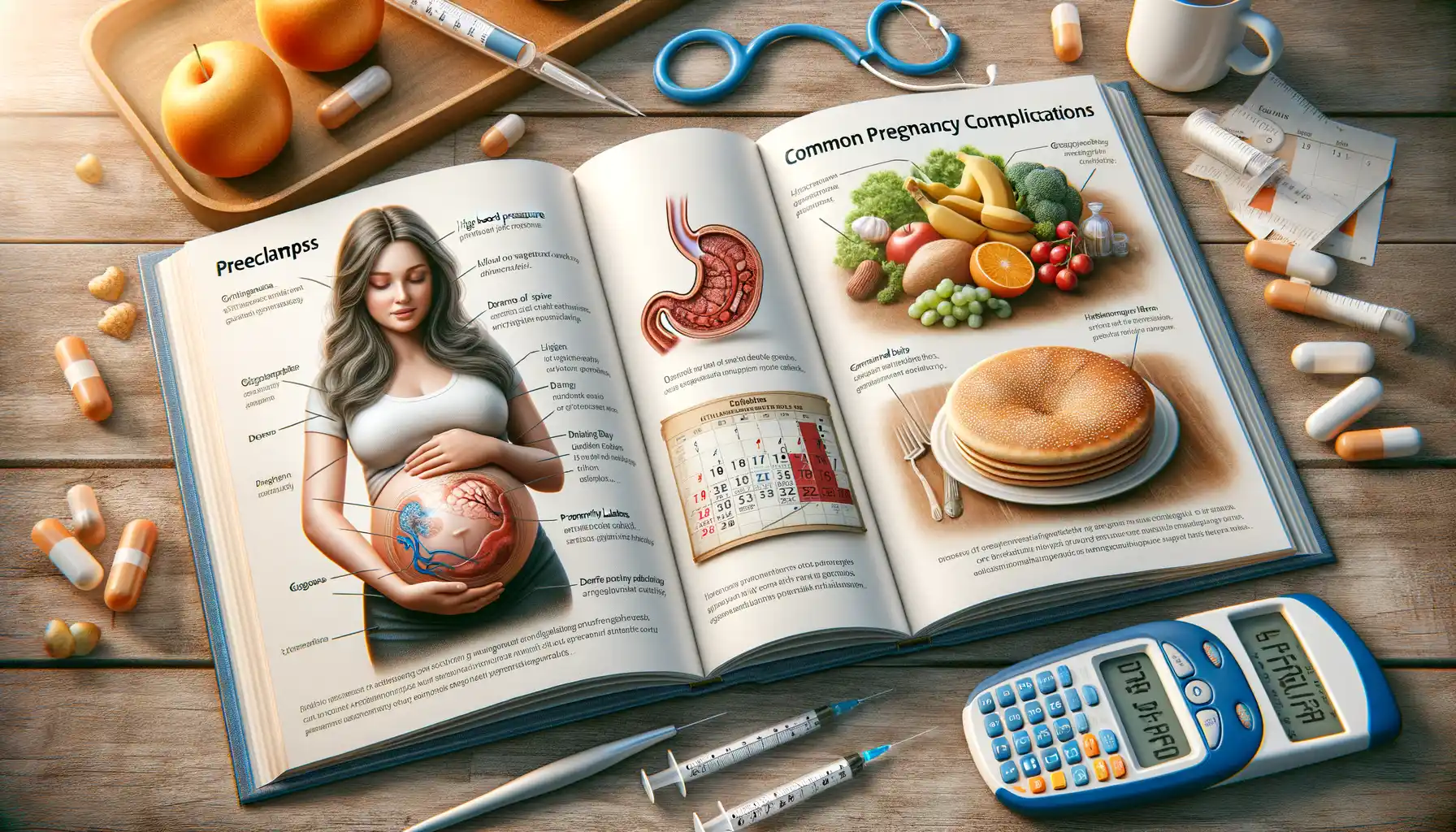
Spotting the Hurdles on the Pregnancy Journey
Pregnancy can feel like a magical rollercoaster ride, but sometimes unexpected twists take us off guard. Understanding common complications empowers you to face them head-on, with knowledge as your ally. For instance, problems like gestational diabetes, which sneaks in when blood sugar levels tiptoe too high, or pre-eclampsia, known for its stealthy rise in blood pressure, can often catch us by surprise.
Then there’s placenta previa, a condition where the placenta decides to camp out a little too close to the cervix, making delivery tricky. Sometimes it feels like your body is speaking a language you don’t understand. But what if there was a translator to decode those signals and keep you informed?
- Ever heard of intrauterine growth restriction (IUGR)? That’s when a baby doesn’t grow as expected within the womb.
- Or perhaps terms like preterm labor and miscarriage risks have left you concerned, though they aren’t often discussed openly.
These hurdles may sound intimidating, but knowing their names is the first step in taming them. Your journey deserves care that’s smart, proactive, and, most importantly, personal.
How AI Enhances Early Detection in Pregnancy
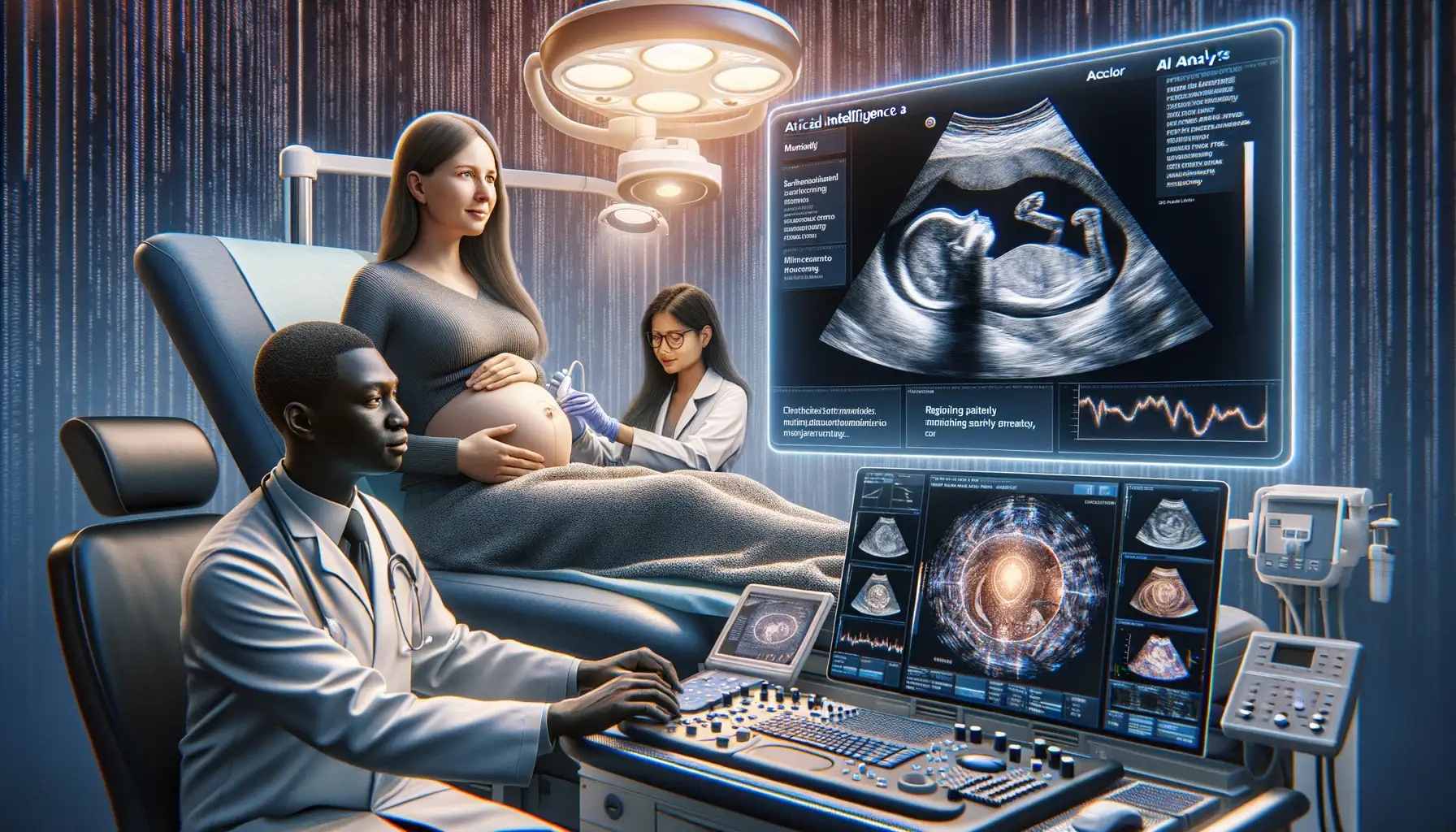
Revolutionizing Early Detection with AI Precision
Imagine having a guardian angel that tirelessly watches over every beat, every movement, and every vital sign during pregnancy. That’s what Artificial Intelligence (AI) brings to the table. With its razor-sharp analytical abilities, AI dives into mountains of medical data, uncovering patterns and anomalies that even seasoned professionals might overlook. It’s like having an extra pair of hyper-focused eyes on your journey to motherhood.
For example, AI can monitor metrics like blood pressure, heart rate, and fetal growth trends in real-time. By flagging subtle deviations—ones that might otherwise whisper rather than shout—it ensures potential issues like preeclampsia or gestational diabetes are caught early, sometimes before symptoms even rear their heads. It’s not just high-tech; it’s high-touch care powered by deep learning algorithms.
What Exactly Does AI Detect?
- IUGR (Intrauterine Growth Restriction): AI can assess whether the baby’s growth is on track by analyzing ultrasound images with unmatched accuracy.
- Preterm Labor Risks: Predictive models analyze hormone levels, lifestyles, and genetic factors to identify who is most at risk.
It’s not science fiction—it’s science with a human heart, ensuring you and your little one thrive together.
Real-World Applications and Success Stories

Transforming Lives: Real Success Stories
Imagine a worried mother-to-be, her mind spinning with “what-ifs.” Now picture her attending a routine check-up where a simple AI-powered tool—quietly working behind the scenes—alerts her doctor to subtle patterns that weren’t on anyone’s radar. That’s not science fiction; it’s happening today. And these breakthroughs are saving lives in ways that feel nothing short of miraculous.
Take Emily, a 32-year-old who thought her pregnancy was progressing smoothly. An AI-based analysis spotted early signs of preeclampsia even before symptoms surfaced. With proactive treatment, both mom and baby thrived. Or consider a rural clinic in India, where AI-driven ultrasound tools are bridging the health gap between urban and remote communities. They’ve helped identify high-risk conditions in areas once considered healthcare deserts.
- A young couple in Italy avoided premature labor after AI flagged unusual patterns in fetal heart rates.
- Thousands of mothers in South Africa now have access to advanced AI screenings through mobile clinics.
These stories are more than clinical victories—they’re reminders of what’s at stake. AI isn’t just analyzing data; it’s rewriting the script for families worldwide, one diagnosis at a time.
Future Potential of AI in Obstetrics
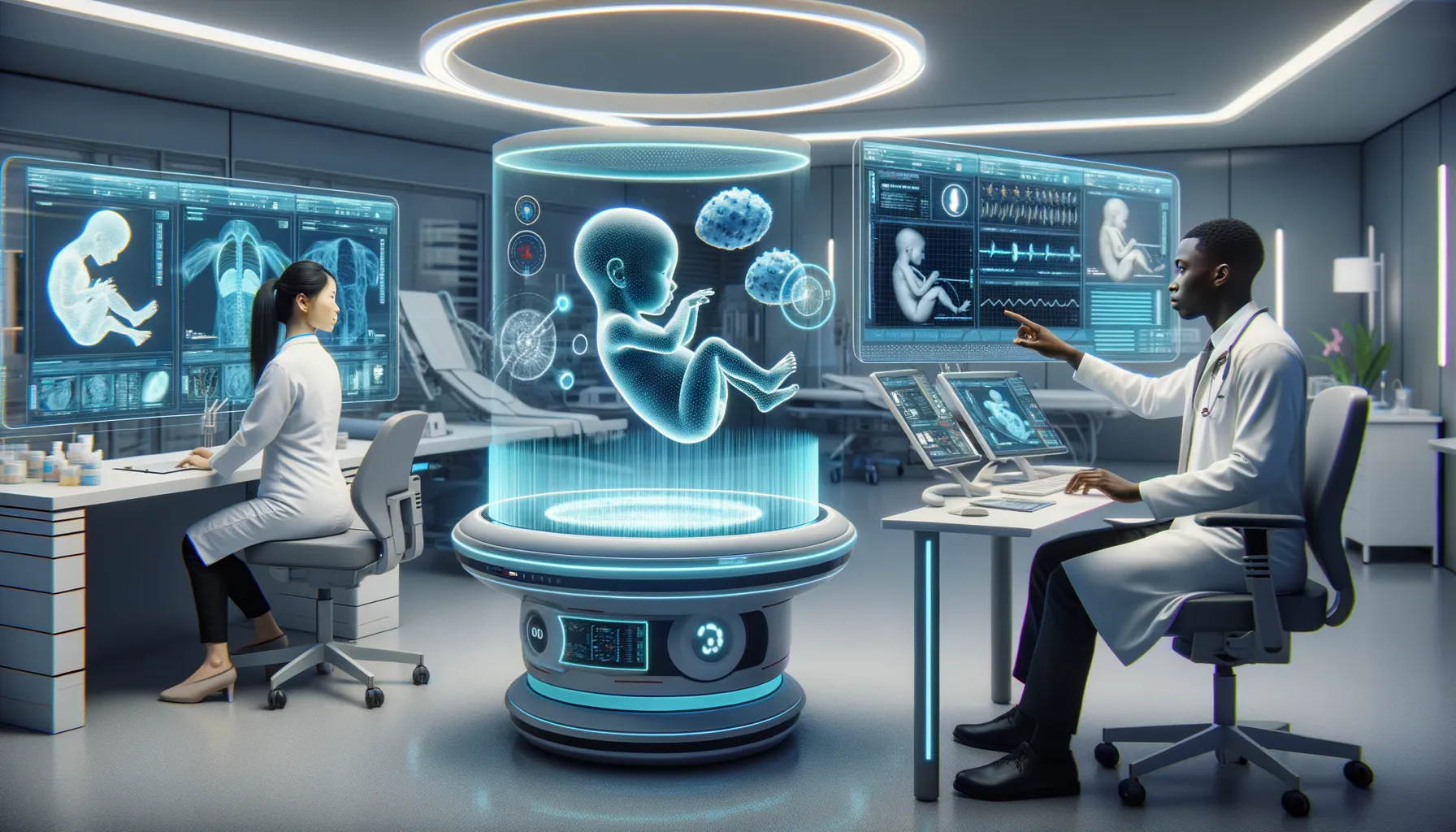
Revolutionizing Pregnancy Care with AI
Imagine a world where your obstetrician is not only highly skilled but also backed by the unmatched analytical abilities of a digital partner. That’s the future we’re stepping into with Artificial Intelligence in obstetrics. AI isn’t just another buzzword; it’s a tool with the potential to rewrite the rules of prenatal care. Think of it as an ultra-attentive companion, picking up on the whispers your body communicates long before complications even think about roaring.
From harnessing machine learning to predict preeclampsia weeks in advance, to using vast amounts of data to design tailored care plans, the possibilities are staggering. Picture a personalized dashboard that shows moms-to-be predictive insights: “Your stress markers seem elevated; here’s how to ease them.” It’s like having a crystal ball for maternal health—minus the guesswork.
- Predictions: AI identifies trends invisible to human eyes, like subtle shifts in blood pressure or hormone levels.
- Preventative Measures: Smart systems could suggest lifestyle tweaks to sidestep risks entirely.
This isn’t about replacing doctors—it’s about empowering them, and you, with insights that secure the brightest, healthiest future possible.
The Road Ahead: AI-Powered Dreams
Now, leap forward a few years. Imagine AI-driven wearable devices that continuously monitor both mom and baby, sending real-time alerts if something seems off. Or virtual assistants that guide parents through gestational changes, offering tips as if a wise midwife resided in their pocket. While this might sound like science fiction, research labs across the globe are already making it happen.
The beauty lies in collaboration. AI can sift through mountains of data—from genetic histories to environmental factors—to provide individualized solutions. And what about global impact? AI promises to bridge gaps in under-resourced regions, bringing expert-level obstetric care where it’s most needed. A system that predicts and prevents complications isn’t just futuristic—it’s lifesaving brilliance within reach.



